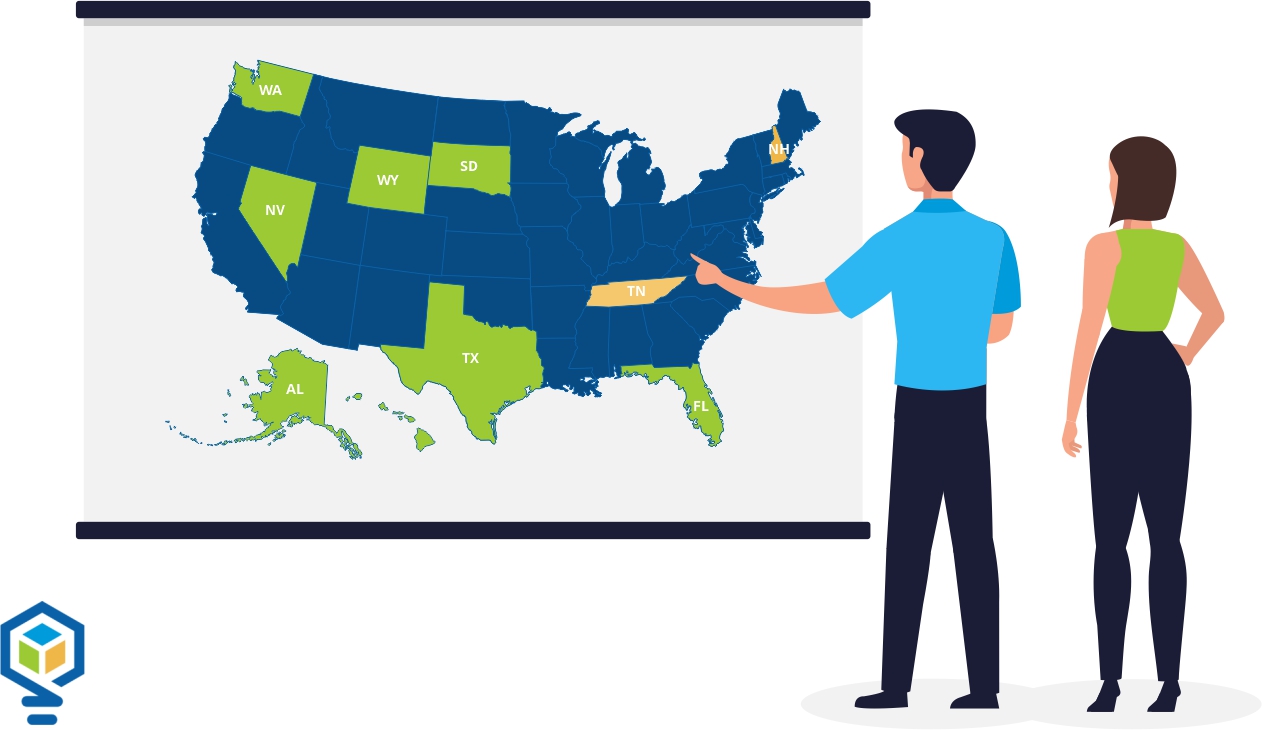Can I Double Dip? Qualifying for Both PPP Forgiveness and COVID-related Tax Credits
Question: Is it possible to qualify for both PPP forgiveness and COVID-related tax credits?
Answer: The short answer, of course, includes, “it depends.” We were fortunate that the Consolidated Appropriations Act passed in December 2020 made it so that businesses that received PPP loans may now be eligible for the Employee Retention tax credits retroactively.
The tax credits are great – a dollar for dollar reduction of tax, and for 2020 the value is up to $5,000 per employee!
It is a credit against the employer’s share of the Social Security tax, but it is refundable, so if the amount of the credit is more than the tax, you’ll get free cash from the IRS.
In addition, we’ve discussed previously in Think Outside the Tax Box about paid leave tax credits and even how to get them if you are a small business. These credits are also applicable even if you received PPP forgiveness provided you otherwise qualify.
Here’s where it gets complicated. You can stack the benefits, but you can’t double dip. While no one likes a double dipper at the snack bowl (especially during COVID) there are ways to get the benefit from forgiven PPP funds and tax credits allowing you to have your chips and “dip” them too.
Keep reading to learn how to legally take these benefits.
Read More












